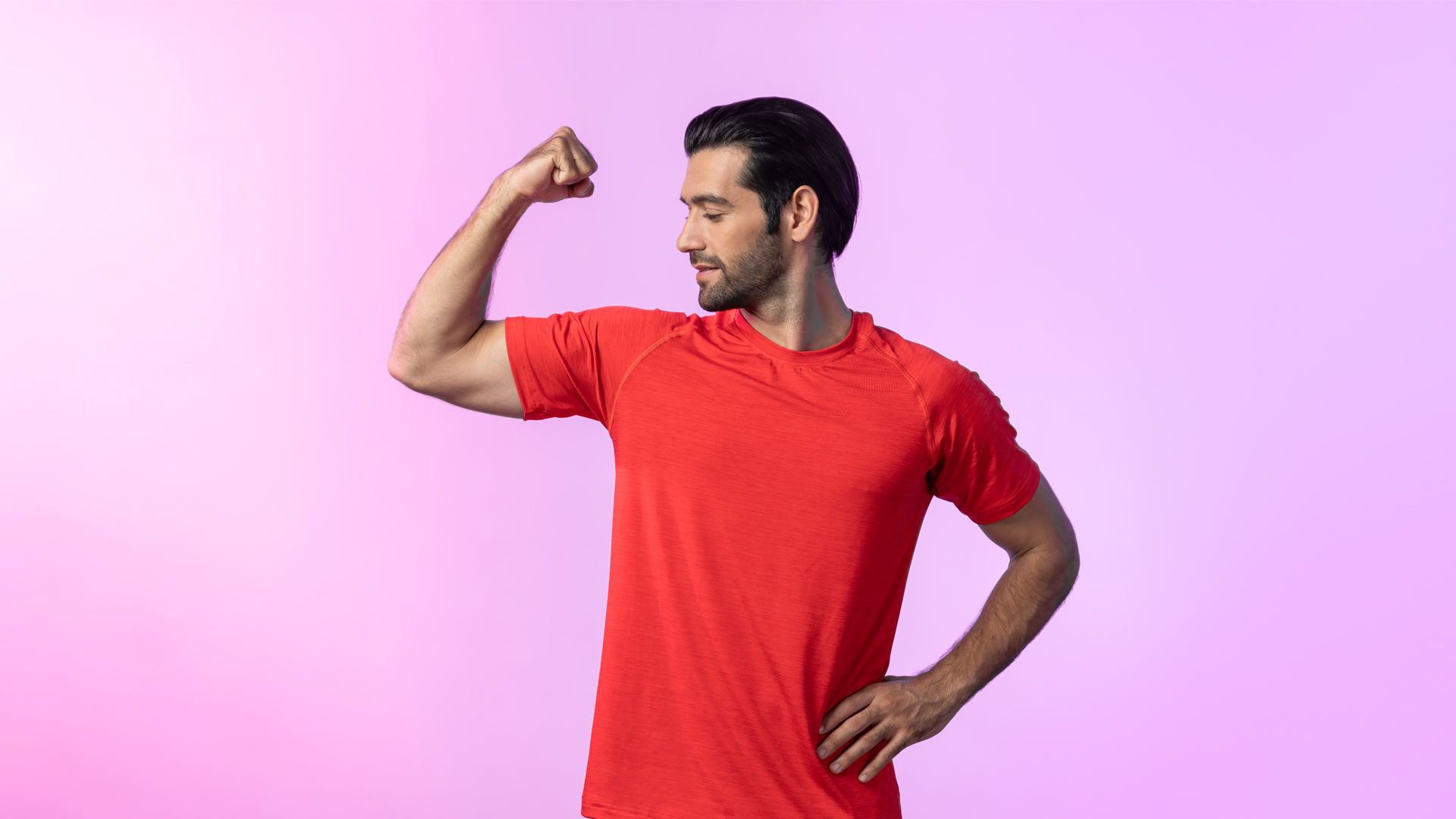



Frozen shoulder, also known as adhesive capsulitis, is a painful and restrictive shoulder condition that affects many people, especially adults between 40 and 60 years of age. The condition usually starts slowly, becomes more painful over time, and then leads to severe stiffness. Because pain and tightness interfere with daily activities like lifting your arm, wearing clothes, or even sleeping comfortably, people often look for long-term relief. This is where Ayurvedic treatment for frozen shoulder becomes highly effective, as it focuses on healing the root cause and improving joint function naturally.
What Is a Frozen Shoulder?
A frozen shoulder is a condition where the shoulder capsule becomes thick, tight, and inflamed. This reduces the space inside the joint and restricts movement.
People with frozen shoulder usually experience three stages:
Although frozen shoulder improves over time, recovery can take months or even years. That is why many people prefer Ayurvedic treatment for frozen shoulder, which helps speed up healing and reduce discomfort effectively.
Causes of Frozen Shoulder
Frozen shoulder does not always have a single clear cause, but several factors increase the risk.
1. Inflammation of the Shoulder Capsule
The tissue surrounding the shoulder joint becomes irritated and inflamed, leading to swelling and stiffness.
2. Long-Term Immobility
People who keep their shoulder still for long periods—after an injury, surgery, or fracture—are more likely to develop frozen shoulder.
3. Health Conditions Like Diabetes
Diabetes is strongly linked to frozen shoulder. Thyroid disorders and hormonal issues can also contribute to the condition.
4. Overuse or Sudden Injury
Overuse of the shoulder muscles, repeated strain, or trauma can also trigger the condition.
Ayurvedic View of Frozen Shoulder
In Ayurveda, frozen shoulder is closely related to a condition called Avabahuka, caused mainly by Vata dosha imbalance. When Vata becomes aggravated, it dries up the joint’s natural lubrication, causing stiffness, restricted movement, and pain.
Sometimes Kapha dosha also plays a role, leading to heaviness and thickening of tissues. This combination results in the “frozen” feeling inside the shoulder joint.
Because Ayurveda treats the root imbalance, Ayurvedic treatment for frozen shoulder provides both pain relief and long-term healing.
Symptoms of Frozen Shoulder
Frozen shoulder often begins slowly and worsens over time. Common symptoms include:
If ignored, stiffness can take over daily activities and reduce quality of life. Early Ayurvedic treatment for frozen shoulder helps prevent worsening and supports faster healing.
Effective Ayurvedic Treatment for Frozen Shoulder
Ayurveda focuses on reducing pain, improving mobility, and correcting Vata imbalance. A combination of therapies, medicines, diet, and lifestyle works best.
Here are the most effective Ayurvedic methods:
1. External Therapies
These therapies help reduce inflammation, relax tight muscles, and restore shoulder function.
Abhyanga
Medicated oils such as Karpasasthyadi Thailam or Mahanarayana thailam help reduce Vata, improve circulation, and ease stiffness.
Nasya Therapy
Herbal oils administered through the nostrils help relieve shoulder, neck, and upper-body stiffness.
Regular sessions greatly improve mobility, especially when combined with internal medicines under ayurvedic doctor guidance.
2. Internal Ayurvedic Medicines (Herbal Support)
Internal medicines help reduce inflammation, lubricate joints, and support long-term healing.
One highly beneficial formulation is:
Vaidyaratnam’s Prasaranyadi Kashaya Gulika Tablet Good for joint pain, stiffness, frozen shoulder, and Vata-related disorders.
This tablet supports muscle relaxation, reduces inflammation, and helps restore shoulder movement naturally. It is especially helpful when taken along with therapies recommended by an Ayurvedic doctor.
Such medicines increase the effectiveness of Ayurvedic treatment for frozen shoulder, making recoveries faster and smoother.
3. Diet and Lifestyle Support
Ayurveda recommends a warm, nourishing, and anti-inflammatory diet to pacify Vata and support healing.
Foods to Include
Foods to Avoid
A balanced lifestyle supports long-term results from Ayurvedic treatment for frozen shoulder.
4. Yoga and Gentle Exercises
Mild stretching and strengthening help improve joint movement without strain.
Helpful poses include:
Breathing techniques like Anulom Vilom also help calm Vata and reduce pain.
When to Consult a Professional
Seek help if:
A qualified Ayurvedic doctor can evaluate your condition and create a personalised treatment plan.
Conclusion
Frozen shoulder can be painful, uncomfortable, and limiting, but with the right approach, recovery is absolutely possible. Ayurvedic treatment for frozen shoulder focuses on healing the root cause by balancing Vata, reducing inflammation, and improving movement naturally.
With the right combination of Panchakarma therapies, internal medicines like Vaidyaratnam’s Prasaranyadi Kashaya Gulika Tablet, and supportive diet and lifestyle changes, the shoulder gradually heals and movement returns.
Natural healing may take time, but Ayurveda provides a safe, holistic, and effective path toward long-term relief.




